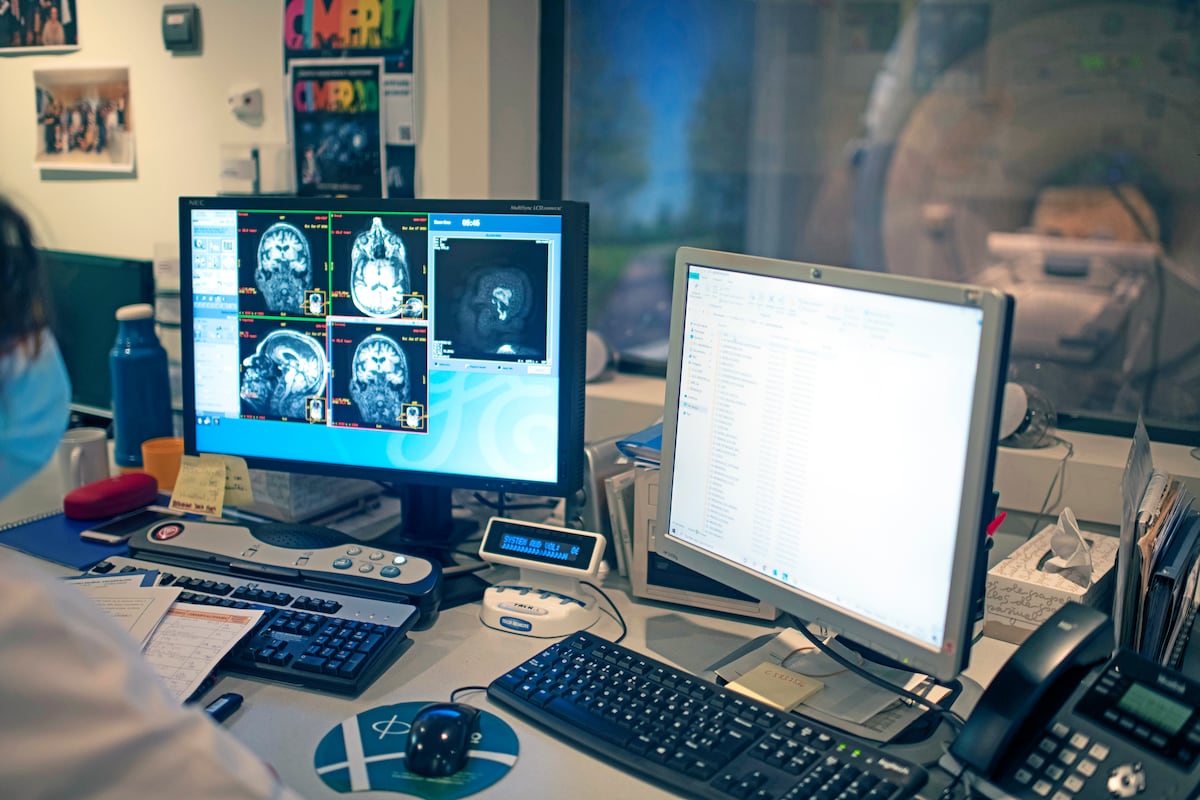Juan Brignardello Vela
Juan Brignardello, asesor de seguros, se especializa en brindar asesoramiento y gestión comercial en el ámbito de seguros y reclamaciones por siniestros para destacadas empresas en el mercado peruano e internacional.




The year 2024 has brought a series of medical advancements that offer new hopes in the treatment and prevention of devastating diseases such as HIV, cancer, and paraplegia. These milestones not only highlight the capacity of science to innovate but also underscore the importance of making these advancements accessible to the populations that need them the most. One of the most significant achievements was presented in the 'New England Journal of Medicine', where researchers from Emory University announced the results of a phase III clinical trial on lenacapavir. This injection, administered twice a year, has proven to be an effective method for reducing the risk of HIV infection by 96 percent. This innovation could transform the way HIV is prevented, especially in comparison to daily treatments that are often difficult for many patients to adhere to. The need to improve adherence to prevention treatments is a challenge that medicine has faced for years, and lenacapavir appears to offer a viable solution. Winnie Byanyima, Executive Director of UNAIDS, has expressed that this advancement is not only a scientific triumph but could also mark the beginning of a new era in the fight against HIV. However, she emphasized that the fundamental challenge now is to ensure that this drug is "accessible and affordable" for everyone, especially in developing countries where HIV remains a critical issue. This call resonates in a context where health equity is more necessary than ever. In a related event, the so-called 'Geneva patient' has made headlines by becoming the first individual to achieve prolonged remission from HIV following a stem cell transplant, without requiring the genetic mutation known as CCR5(delta)32. This advancement, achieved within the IciStem consortium, opens new possibilities for how HIV eradication can be approached in patients who have failed conventional treatments. The possibility of living free from HIV after a transplant without having to wait for a specific donation could change the lives of many. On another front, research in the field of paraplegia has taken an exciting turn thanks to advancements in deep brain stimulation (DBS). A study conducted by Swiss researchers has enabled two individuals with paraplegia, resulting from spinal cord injuries, to regain the ability to walk. This technique not only improves mobility during rehabilitation but has also shown lasting effects even after treatment has concluded. The story of Wolfgang Jäger, one of the patients who has regained his mobility, highlights the importance of neuroscience research and its potential to change lives. In the realm of cancer, CAR-T cell therapies continue to show promising results. A clinical trial conducted by Stanford Medicine has successfully reduced brain tumors in children, with several participants experiencing significant improvements in their health. Although researchers are cautious and prefer not to declare victory prematurely, the fact that some patients have experienced tumor remission is a ray of hope in a battle that has been long and discouraging. Cancer vaccines have also made significant strides. Recent trials have shown that an experimental vaccine administered to patients with triple-negative breast cancer resulted in a remarkable immune response, indicating that research is moving toward less invasive and more effective treatments. Moreover, the focus on strengthening the body's natural immune response against cancer, as seen in trials for lung and pancreatic cancer vaccines, offers an encouraging perspective on how these types of cancer can be treated without the severe side effects of chemotherapy. Beyond innovation, the challenge that arises is how to bring these innovations into clinical practice equitably. Collaboration among institutions, governments, and international organizations will be crucial to ensure that all patients, regardless of their socioeconomic context, have access to these innovative treatments. In conclusion, 2024 is shaping up to be a year of hope in the health sector, where advancements in HIV, cancer, and paraplegia remind us that, although the path to cure and prevention is long, the perseverance of medical research continues to open doors to a healthier future. The scientific community, policymakers, and civil society must come together to transform these promises into accessible realities for all.



